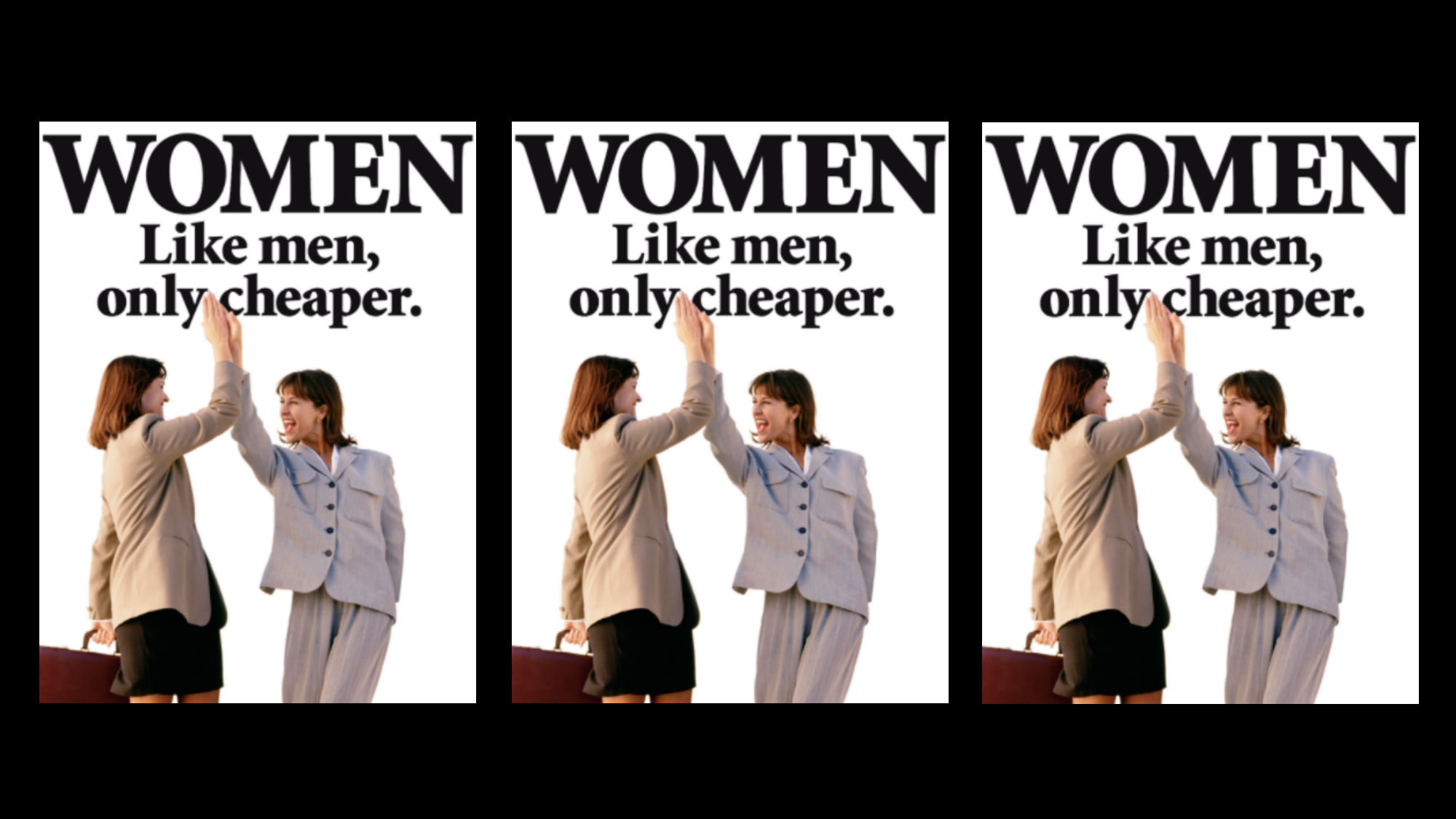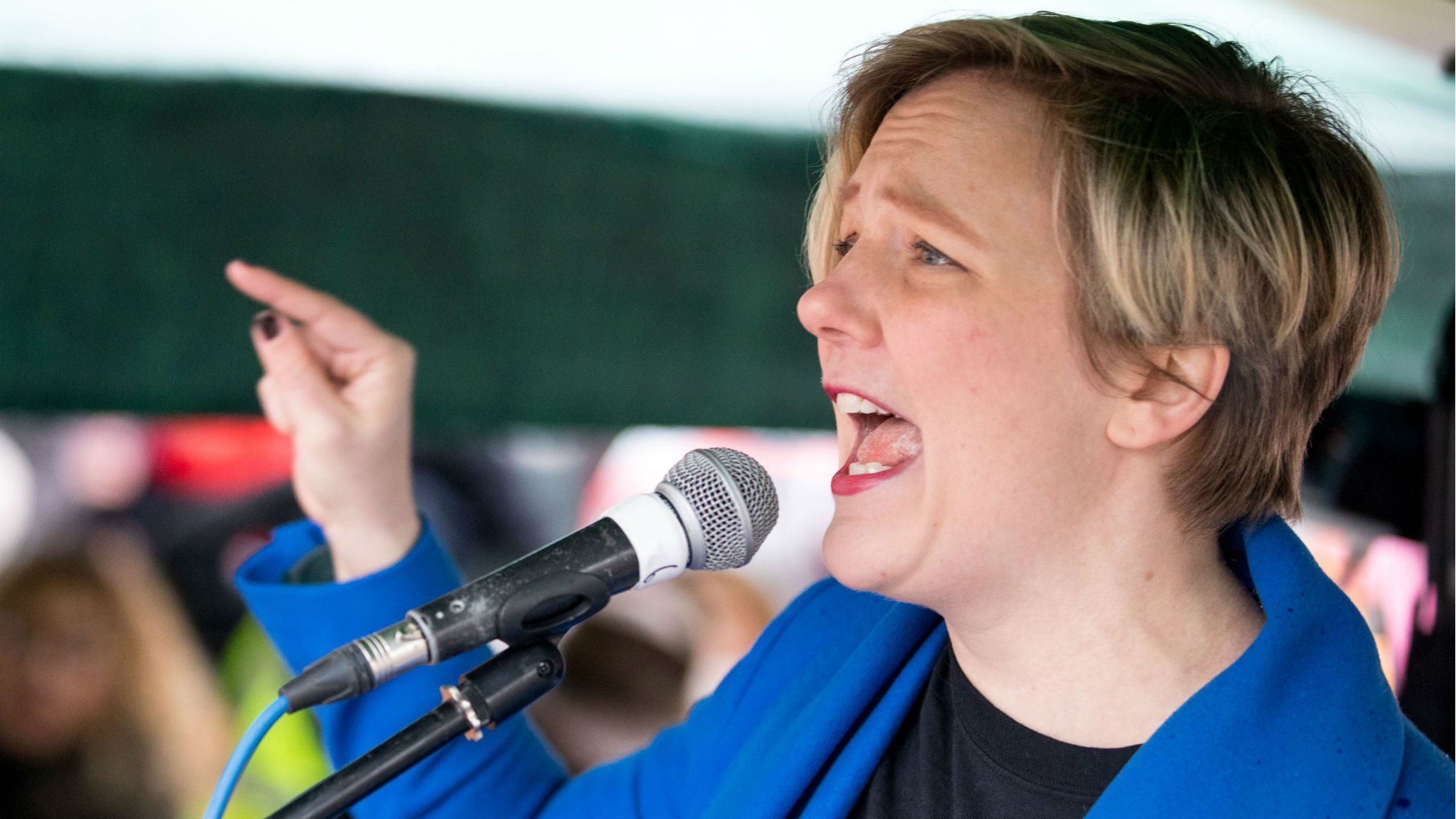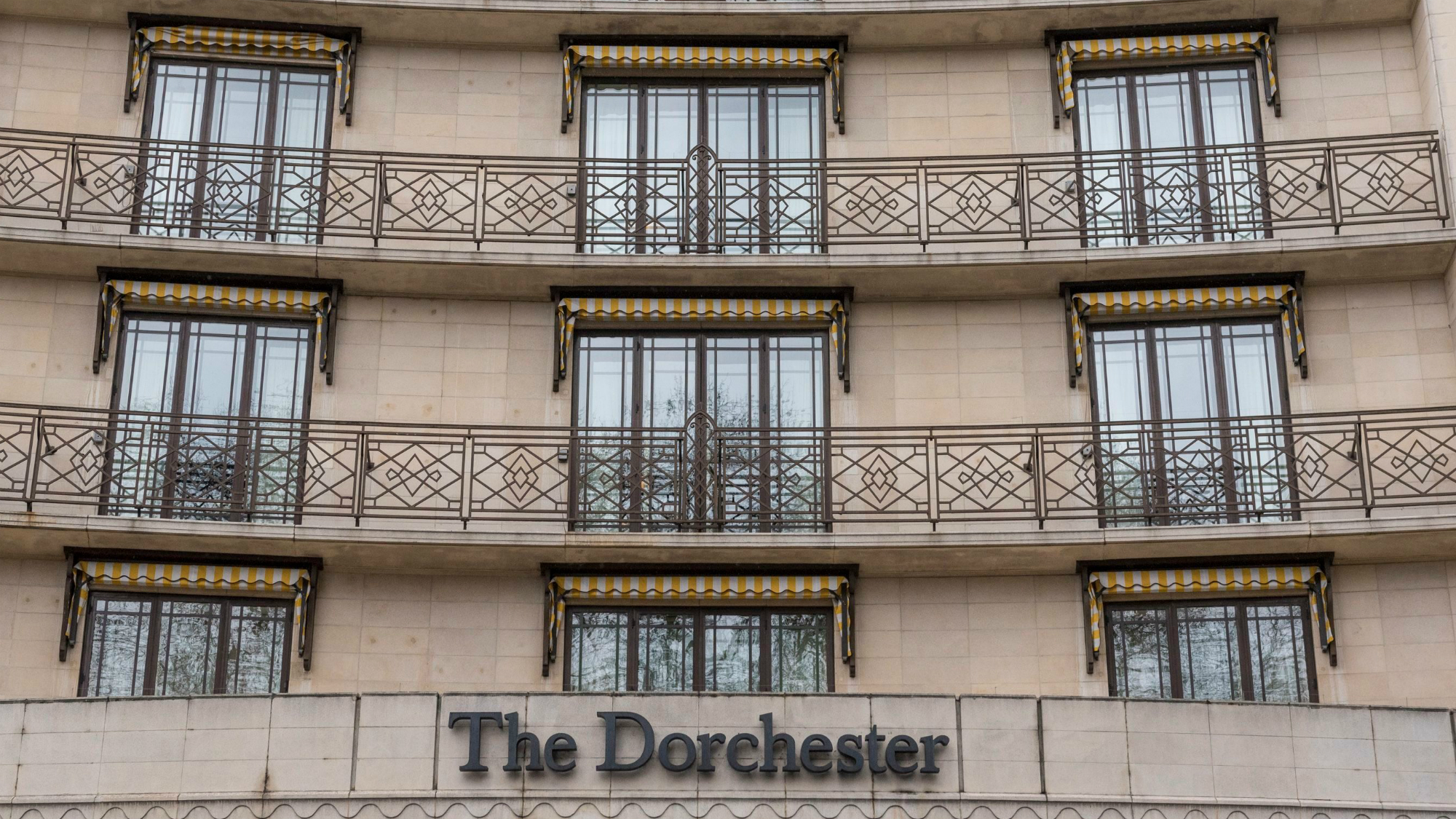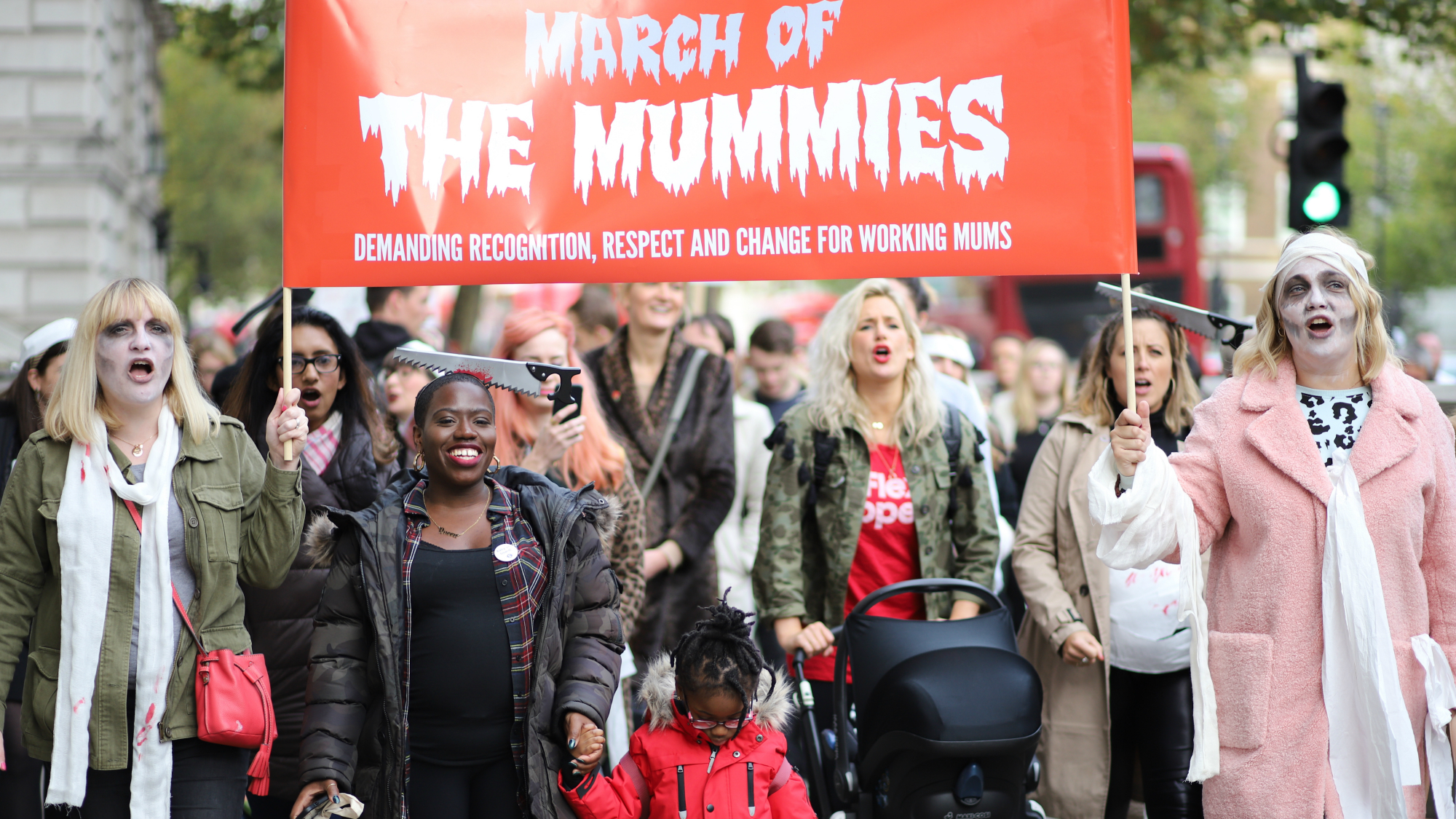Why it’s time to join the #PayMeToo movement
4th April is the deadline for all UK companies with over 250 employees to reveal their gender pay gap data. But what happens next?


4th April is the deadline for all UK companies with over 250 employees to reveal their gender pay gap data. But what happens next?
MP Stella Creasy is spearheading a PayMeToo campaign to deal with the fallout from UK gender pay gap figures.
This Wednesday 4th April is crunch time for companies who still haven't released their gender pay gap figures. All businesses with over 250 employees were given the date as a deadline to reveal the difference in average pay between male and female employees.
Thousands of companies have already released their gender pay gap figures, from Barclay's bank and RyanAir (which pays its female workers 43.5% and 60% less respectively) to the armed forces and British Museum, where the pay gap is zero.
In companies such as Tesco Maintenance, Unilever and GlaxoSmithKline, it has been revealed that on average women earn more than men.
The #PayMeToo movement - led by Labour MP Stella Creasy and a cross-party group of female MPs, including Jo Swinson of the Lib Dems and Conservative MP Nicky Morgan - aims to support women fighting for equal pay and provide practical advice where needed on the best way to tackle disparities that exist across virtually every UK industry.

'If we are serious about tackling the gender pay gap then we have to do more than publish data – we have to show we’re watching what happens next' Creasy told The Guardian.
Marie Claire Newsletter
Celebrity news, beauty, fashion advice, and fascinating features, delivered straight to your inbox!
The PayMeToo campaign follows a report from the Equality and Human Rights Commission that found 'corrosive' cultures of workplace sexual harassment, assault and bullying across the UK. Chief executive of the commission told the BBC that 'sexual harassment has been normalised.'
On International Women's Day Marie Claire also launched #NotMyJob - a campaign to help stamp out unequal treatment of women in the workplace, from sexual harassment to pregnancy discrimination.
The figures so far on the gender pay gap show 78% of UK companies pay their female employees less than their male ones.
-
 How the slogan t-shirt became this season's must-have - and why it's more than just another trend
How the slogan t-shirt became this season's must-have - and why it's more than just another trendNot just another Nineties throwback
By Clementina Jackson
-
 How are Trump’s tariffs affecting the fashion industry?
How are Trump’s tariffs affecting the fashion industry?The fluctuating situation in the US is having very real consequences
By Rebecca Jane Hill
-
 Here's every character returning for You season 5 - and what it might mean for Joe Goldberg's ending
Here's every character returning for You season 5 - and what it might mean for Joe Goldberg's endingBy Iris Goldsztajn
-
 Claire Foy and Matt Smith have addressed The Crown's shocking gender pay gap
Claire Foy and Matt Smith have addressed The Crown's shocking gender pay gapTime to cut the BS. Help us call out workplace sexism and change the law
By Jenny Proudfoot
-
 Pregnancy discrimination at work - what are your options?
Pregnancy discrimination at work - what are your options?A top lawyer exclusively advises Marie Claire readers on what to do if they are victims of pregnancy discrimination at work
By Marie Claire
-
 Sexually harassed at work? This is what you need to know
Sexually harassed at work? This is what you need to knowSo you have been sexually harassed at work. What are your options?
By Marie Claire
-
 Madison Marriage: ‘The Presidents Club dinner was grotesque’
Madison Marriage: ‘The Presidents Club dinner was grotesque’Undercover at the now-infamous Presidents Club dinner, the sexual harassment reporter Madison Marriage faced will shock you
By Marie Claire
-
 This is how to write a grievance letter, by a top employment lawyer
This is how to write a grievance letter, by a top employment lawyerAdrian Scotland, who heads up a team of lawyers at Judge Sykes Frixou Ltd, offers his advice on how to write a grievance letter.
By Marie Claire
-
 Pregnant Then Screwed: The women fighting maternal discrimination
Pregnant Then Screwed: The women fighting maternal discriminationJoeli Brealey, founder of Pregnant Then Screwed, speaks about her experience with maternal discrimination and what we can do to help support change
By Marie Claire